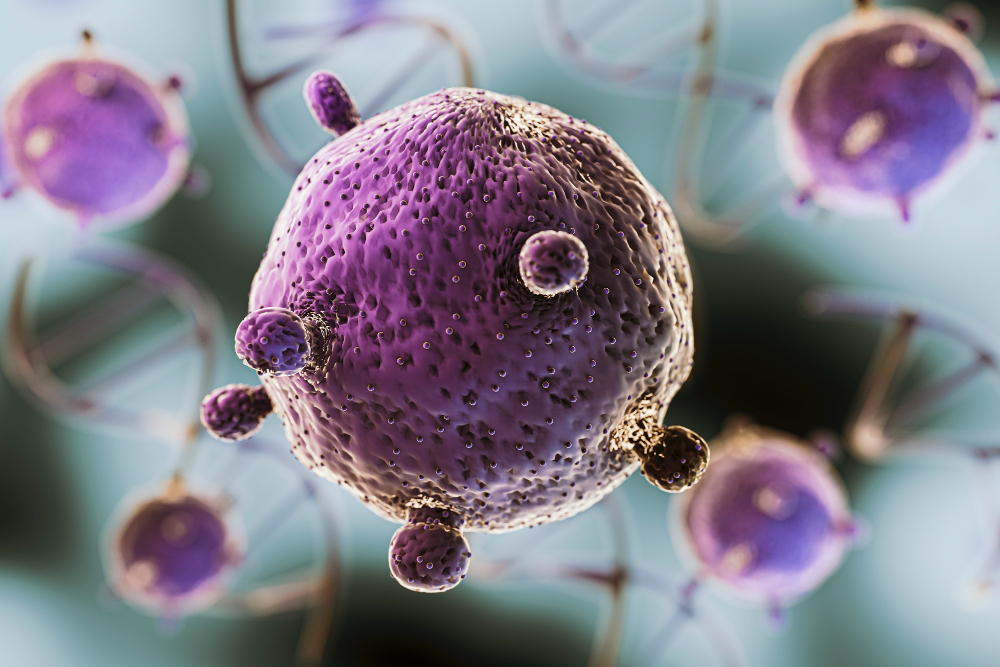Researchers develop advanced AI system to assess tumour relapse risk
The system analyses tumour texture, symmetry, and hormone receptor status to identify patients at real risk of relapse.

Researchers at Universitat Rovira i Virgili have developed an AI model that predicts breast cancer recurrence more accurately than existing systems. The tool combines clinical data with MRI scans to detect subtle patterns signalling relapse risk.
Unlike traditional models, the AI also examines surrounding tissue, breast symmetry, and tumour texture variations. The system automatically segments MRI scans, extracts key features, and combines them with tumour type, hormone receptor status, and malignancy data.
Using a neural network model known as TabNet, it can interpret complex data while maintaining transparency in how predictions are made.
Tests on over 500 patients showed the model achieves high accuracy and reliably identifies those at real risk of relapse. Researchers say this reduces false negatives and helps ensure those needing further treatment are not overlooked.
Key indicators influencing predictions include tumour texture, breast symmetry, and hormone receptor status.
The AI model is scalable, interpretable, and suitable for clinical use without requiring costly or invasive genetic tests. Part of the European Bosomshield project, the research shows AI’s potential to make oncology more personalised and predictive.
Would you like to learn more about AI, tech and digital diplomacy? If so, ask our Diplo chatbot!
